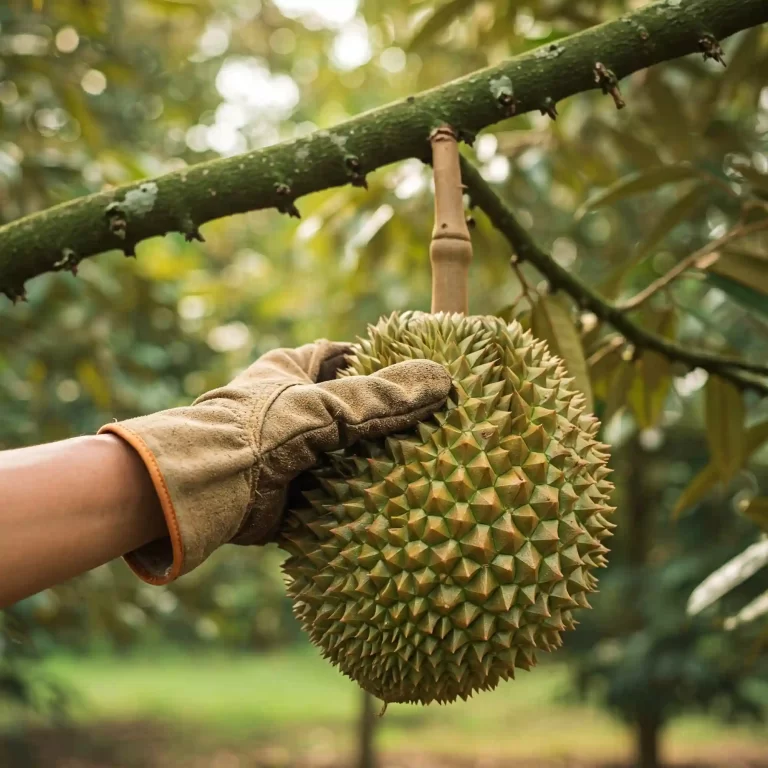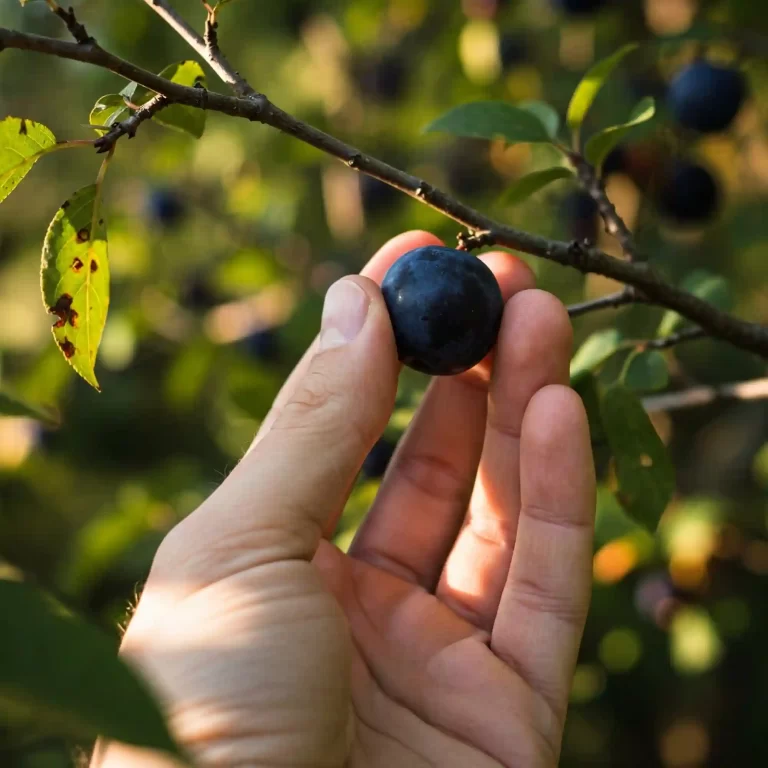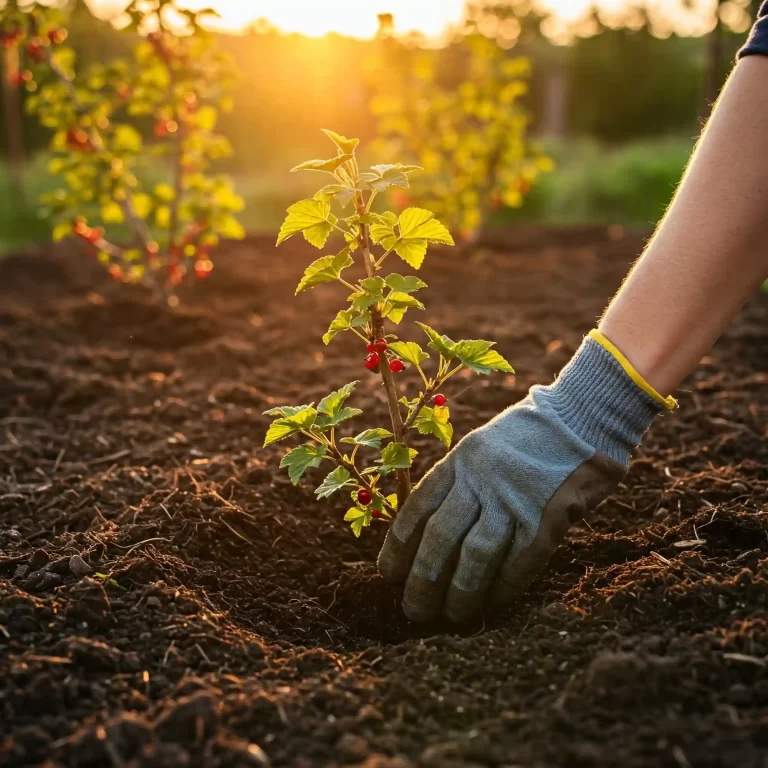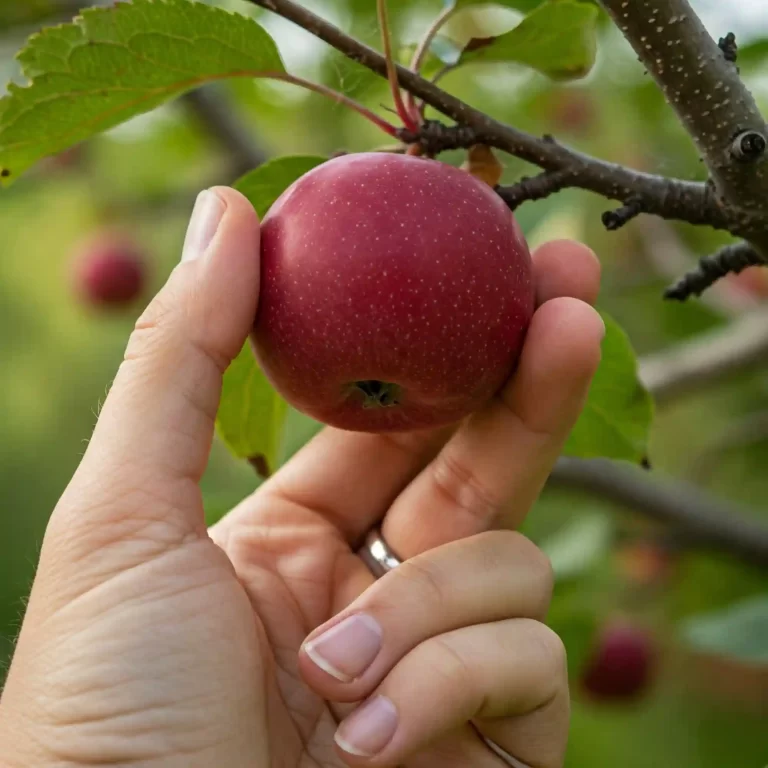Are you tired of using synthetic fertilizers that can harm the environment and your plants? Manure offers a natural and sustainable alternative that can provide essential nutrients and improve soil health. However, with so many different types of manure available, it can be overwhelming to choose the right one for your garden.
In this comprehensive guide, we’ll delve into the world of manure, exploring its various types, benefits, and proper usage. Whether you’re a seasoned gardener or just starting out, this information will help you make informed decisions and maximize the potential of manure for your plants.
Types of Manure
Manure is a valuable organic material derived from the waste products of animals. Different types of manure offer unique benefits and characteristics:
Horse Manure
- Nutrient-rich: Contains high levels of nitrogen, phosphorus, and potassium, essential for plant growth.
- Improves soil structure: Helps improve soil aeration and drainage.
- Can be used fresh or composted: Horse manure can be used directly in the garden or composted for a more balanced nutrient profile.
Cow Manure
- Nutrient-rich: Provides a good balance of nutrients, including nitrogen, phosphorus, and potassium.
- Slow-releasing: Releases nutrients gradually, providing a sustained supply to plants.
- Often used for composting: Cow manure is commonly used as a base material for compost piles.
Chicken Manure
- High in nitrogen: Contains a high concentration of nitrogen, making it a potent fertilizer.
- Needs to be composted: Due to its high ammonia content, chicken manure should be composted before use to reduce the risk of plant burn.
- Ideal for vegetable gardens: Chicken manure is particularly beneficial for vegetable gardens.
Other Types of Manure
- Sheep Manure: Similar to goat manure, sheep manure is a good source of nutrients and improves soil structure.
- Goat Manure: Offers a balanced nutrient profile and can be used as a soil amendment.
- Rabbit Manure: High in nitrogen and phosphorus, rabbit manure is a good choice for vegetable gardens.
- Pig Manure: Contains a high concentration of nutrients but may require composting to reduce the risk of pathogens.
- Compost Manure: A mixture of various types of manure and other organic materials, compost manure offers a well-balanced nutrient profile and improved soil structure.
Comparison of Manure Types
| Manure Type | Nutrient Content | Benefits | Potential Drawbacks |
| Horse Manure | High in NPK | Improves soil structure, can be used fresh or composted | May contain weed seeds |
| Cow Manure | Balanced nutrients | Slow-releasing, improves soil health | May be less potent than other types |
| Chicken Manure | High in nitrogen | Nutrient-rich, ideal for vegetable gardens | Needs composting to reduce ammonia |
| Sheep/Goat Manure | Balanced nutrients | Improves soil structure | May contain weed seeds |
| Rabbit Manure | High in NPK | Nutrient-rich | May be potent, needs caution |
| Compost Manure | Balanced nutrients | Improves soil health, versatile | May require more time to prepare |
Benefits of Using Manure
- Improves soil fertility
- Enhances plant growth and health
- Increases water retention
- Improves soil structure
- Reduces dependence on synthetic fertilizers
- Promotes sustainable gardening practices
By understanding the different types of manure and their unique characteristics, you can choose the best option for your gardening needs and maximize the benefits for your plants.
Benefits of Using Manure
Manure offers numerous benefits for gardeners and farmers, including:
- Nutrient-Rich: Manure is a natural source of essential nutrients, such as nitrogen, phosphorus, and potassium, that are vital for plant growth and development. These nutrients help plants produce healthy foliage, vibrant flowers, and abundant fruits and vegetables.
- Improves Soil Health: Manure can significantly improve soil health by increasing organic matter content, improving soil structure, and enhancing water retention. This leads to healthier plants and reduced erosion.
- Enhances Plant Growth: By providing essential nutrients and improving soil conditions, manure can promote vigorous plant growth, leading to higher yields and healthier crops.
- Organic Matter: Manure is a valuable source of organic matter, which is essential for maintaining soil fertility and supporting microbial activity. Organic matter helps to improve soil structure, increase water retention, and enhance nutrient cycling.
Nutrient Content of Common Manure Types
| Manure Type | Nitrogen (N) | Phosphorus (P) | Potassium (K) |
| Horse Manure | 0.5-1.0% | 0.2-0.5% | 0.5-1.0% |
| Cow Manure | 0.4-0.8% | 0.2-0.4% | 0.5-1.0% |
| Chicken Manure | 1.0-2.0% | 0.5-1.0% | 0.5-1.0% |
| Sheep Manure | 0.5-1.0% | 0.3-0.6% | 0.5-1.0% |
| Goat Manure | 0.5-1.0% | 0.3-0.6% | 0.5-1.0% |
Benefits of Using Manure in Gardening
- Improved soil fertility
- Enhanced plant growth
- Increased yields
- Improved water retention
- Reduced erosion
- Improved soil structure
- Natural and sustainable fertilizer
- Reduced dependence on synthetic fertilizers
By incorporating manure into your gardening practices, you can reap the numerous benefits it offers for your plants and the environment.
How to Use Manure
Composting Manure
Before applying manure directly to your garden, it’s generally recommended to compost it. Composting helps to break down organic matter, reduce pathogens, and create a more balanced nutrient profile. Here’s a basic guide to composting manure:
- Create a compost pile: Gather a variety of organic materials, such as leaves, grass clippings, kitchen scraps, and manure.
- Layer the materials: Layer the materials in your compost pile, alternating between “browns” (dry materials like leaves and twigs) and “greens” (moist materials like food scraps and manure).
- Turn regularly: Turn the compost pile regularly to aerate the materials and promote decomposition.
- Maintain moisture: Keep the compost pile moist but not soggy.
- Harvest compost: After several months, your compost will be ready to use.
Application Rates
The appropriate application rate for manure will vary depending on the type of manure, the nutrient content of your soil, and the specific needs of your plants. As a general guideline, apply manure at a rate of 2-4 inches (5-10 cm) per year.
Timing
The best time to apply manure to your garden is in the fall or early spring. This allows the nutrients to break down over the winter and become available to plants in the growing season.
Mixing with Other Amendments
Manure can be combined with other amendments, such as compost, to create a more balanced and nutrient-rich soil. Mixing manure with compost can help to improve soil structure, increase water retention, and reduce the risk of nutrient leaching.
Recommended Application Rates for Manure
| Plant Type | Application Rate |
| Vegetable Gardens | 2-4 inches (5-10 cm) per year |
| Flower Beds | 2-4 inches (5-10 cm) per year |
| Lawns | 1-2 inches (2.5-5 cm) per year |
| Trees and Shrubs | 4-6 inches (10-15 cm) around the base |
By following these guidelines, you can effectively use manure to improve your garden’s soil health and promote vigorous plant growth.
Safety and Health Concerns
While manure offers numerous benefits for gardening, it’s essential to handle it with care to minimize potential risks. Here are some important considerations:
- Pathogens: Manure can contain harmful pathogens, such as E. coli and Salmonella. To reduce the risk of contamination, it’s recommended to compost manure before using it in your garden. Composting helps to break down these pathogens and create a safer product.
- Odor Control: Manure can produce strong odors, especially when fresh. To minimize odors, store manure in a sealed container or compost it properly. Adding materials like sawdust, straw, or leaves can help to absorb odors during the composting process.
- Weed Seeds: Manure can contain weed seeds that can spread to your garden. To reduce the risk of weed infestation, compost the manure for a longer period of time or purchase commercially available composted manure.
Safety Tips for Handling Manure
| Safety Tip | Explanation |
| Compost manure before use | Reduce the risk of pathogens. |
| Store manure in a sealed container | Minimize odors. |
| Use gloves and protective clothing | Protect yourself from contact with manure. |
| Wash hands thoroughly | Prevent the spread of pathogens. |
| Avoid direct contact with manure | Reduce the risk of contamination. |
Tips for Managing Manure Odors
- Add dry materials like sawdust or straw to the compost pile.
- Turn the compost pile regularly to aerate the materials.
- Store manure in a sealed container.
- Use a compost tumbler to contain odors.
- Plant odor-absorbing plants near the compost pile.
By following these safety precautions, you can minimize the risks associated with using manure and enjoy its benefits for your garden.
Environmental Considerations
While manure offers numerous benefits for gardening, it’s essential to consider its environmental implications. Improper handling and application of manure can have negative impacts on water quality and air pollution.
Nutrient Runoff
Excessive application of manure can lead to nutrient runoff, particularly nitrogen and phosphorus. These nutrients can contaminate waterways, causing algae blooms, fish kills, and other environmental problems. To prevent nutrient runoff:
- Follow recommended application rates: Apply manure at appropriate rates to avoid over-fertilization.
- Incorporate manure into the soil: Tilling or incorporating manure into the soil can help to reduce nutrient leaching.
- Avoid application during heavy rainfall: Applying manure during heavy rainfall can increase the risk of nutrient runoff.
Air Pollution
Manure can release harmful gases, such as ammonia and hydrogen sulfide, into the atmosphere. These gases can contribute to air pollution and respiratory problems. To minimize air pollution:
- Compost manure: Composting helps to reduce the release of harmful gases.
- Store manure properly: Store manure in a sealed container or covered area to prevent odors and gas emissions.
- Avoid excessive application: Over-applying manure can increase the risk of gas emissions.
Sustainable Use
Using manure responsibly can contribute to sustainable gardening practices. By following these guidelines, you can minimize environmental impacts and maximize the benefits of manure for your garden:
- Plan for nutrient balance: Assess your soil’s nutrient needs and apply manure accordingly to avoid over-fertilization.
- Consider alternative sources: Explore other organic sources of nutrients, such as compost or cover crops, to supplement manure.
- Support local farmers: Purchase manure from local farms to reduce transportation emissions.
- Educate others: Share your knowledge about the benefits and responsible use of manure with other gardeners and community members.
By understanding the environmental considerations associated with manure and taking steps to use it sustainably, you can contribute to a healthier and more sustainable gardening practice.
Conclusion
Manure is a valuable natural resource that can enhance the health and productivity of your garden. By understanding the different types of manure, its benefits, and proper usage, you can effectively incorporate it into your gardening practices.
Remember to prioritize safety and environmental considerations when using manure. Compost manure before applying it to your garden to reduce the risk of pathogens and odors. Apply manure at appropriate rates to avoid nutrient runoff and air pollution. By using manure responsibly, you can contribute to a sustainable and thriving garden.
For further information and resources on using manure, consult local agricultural extension services, gardening books, or online resources.



